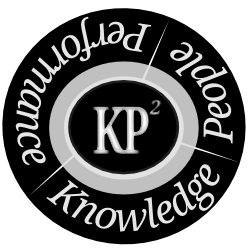
This special issue aims to renew the early promise of cross-disciplinary research in organizational networks. We encourage submissions that marry, extend, challenge, and reconcile sociological and psychological theories and methods to break new ground into our understanding of the emergence, structuration, and consequences of organizational networks. We welcome studies of interpersonal networks within and between groups and organizations, as well as studies of how individual perceptions of network structure influence organizational phenomena. Submissions may use a variety of methodologies and data (e.g., field, laboratory, qualitative, and quantitative).
via informs.org


 via
via